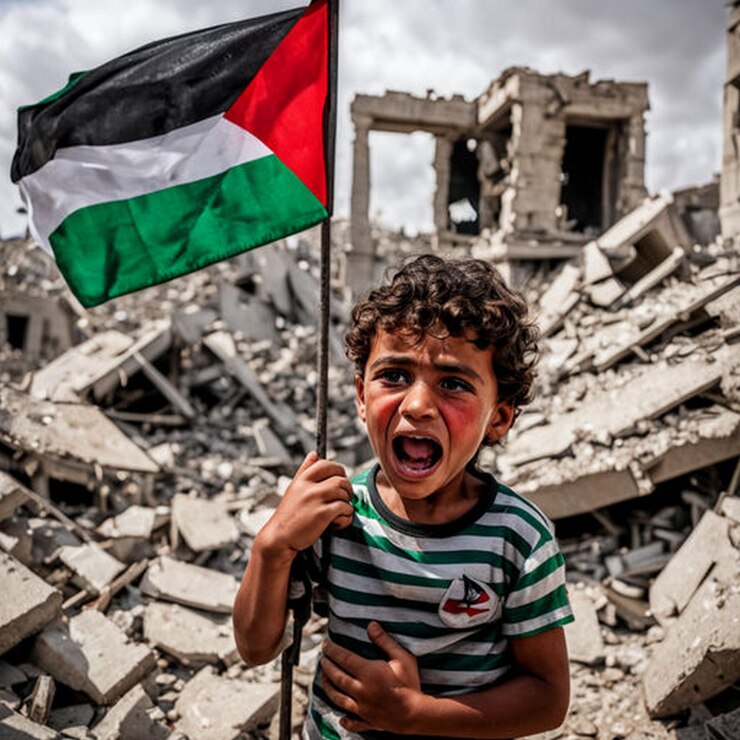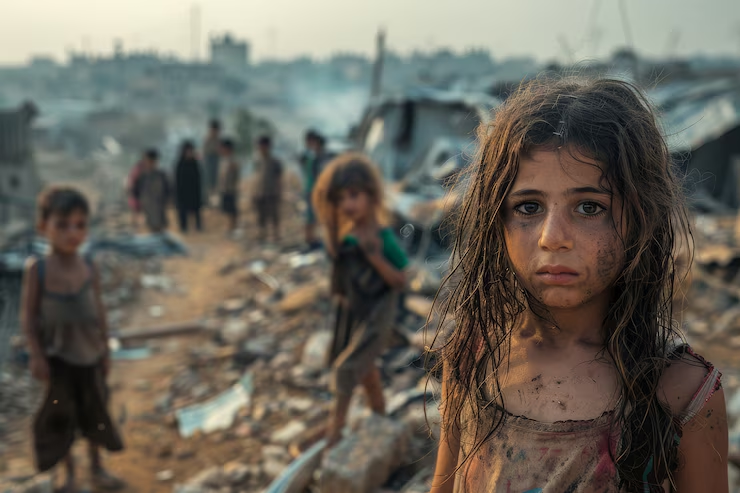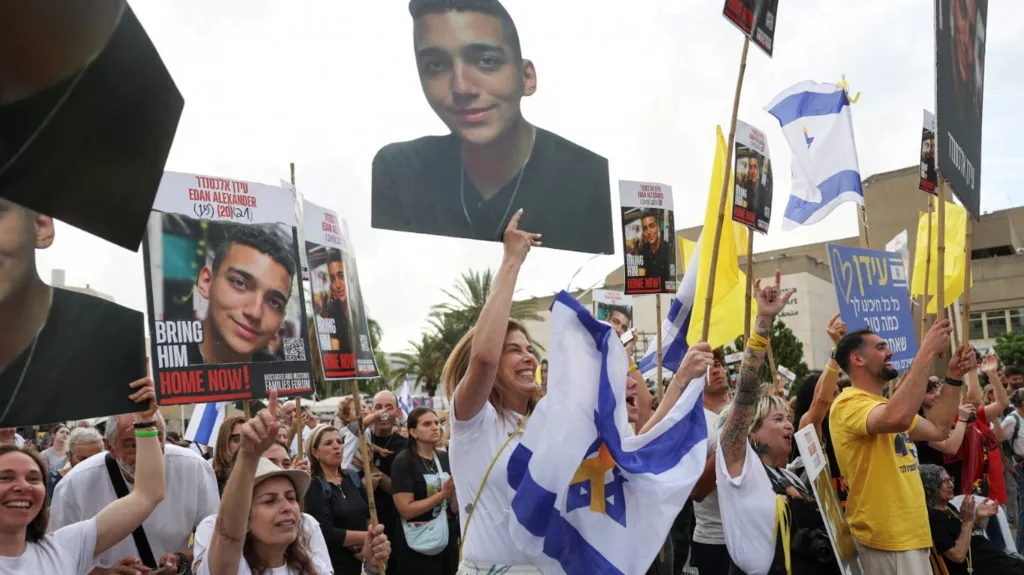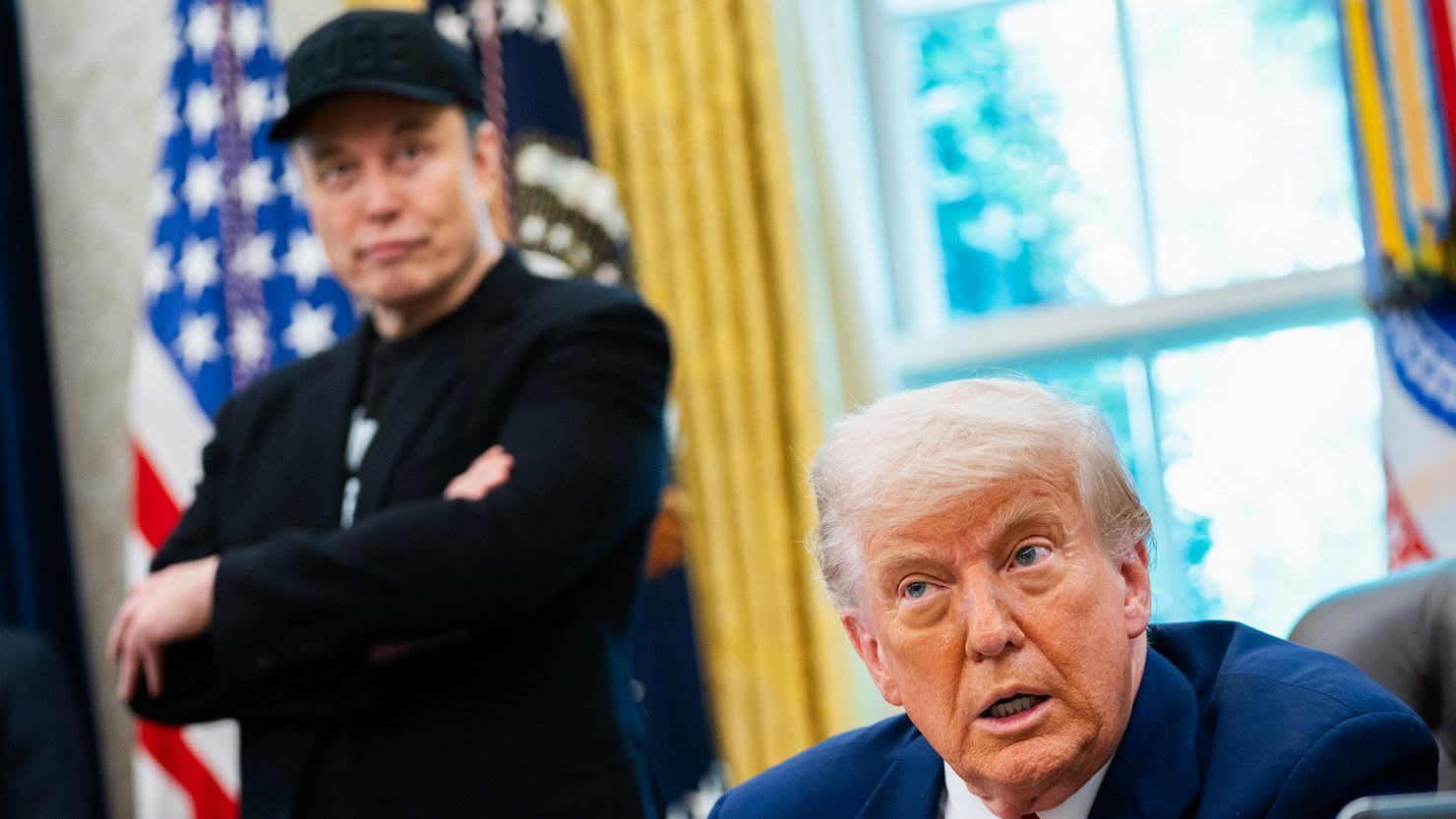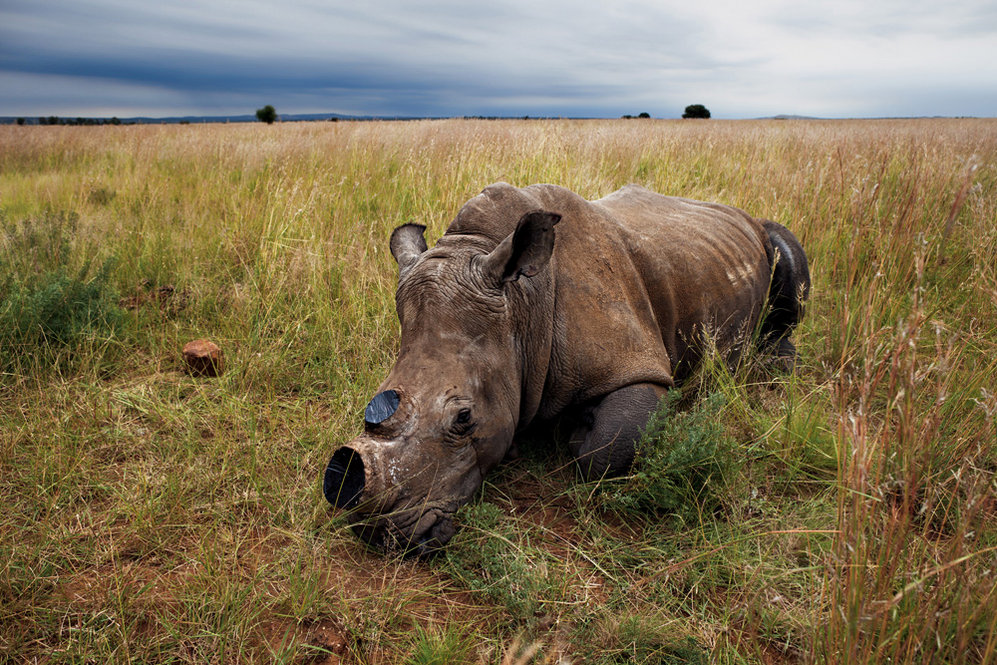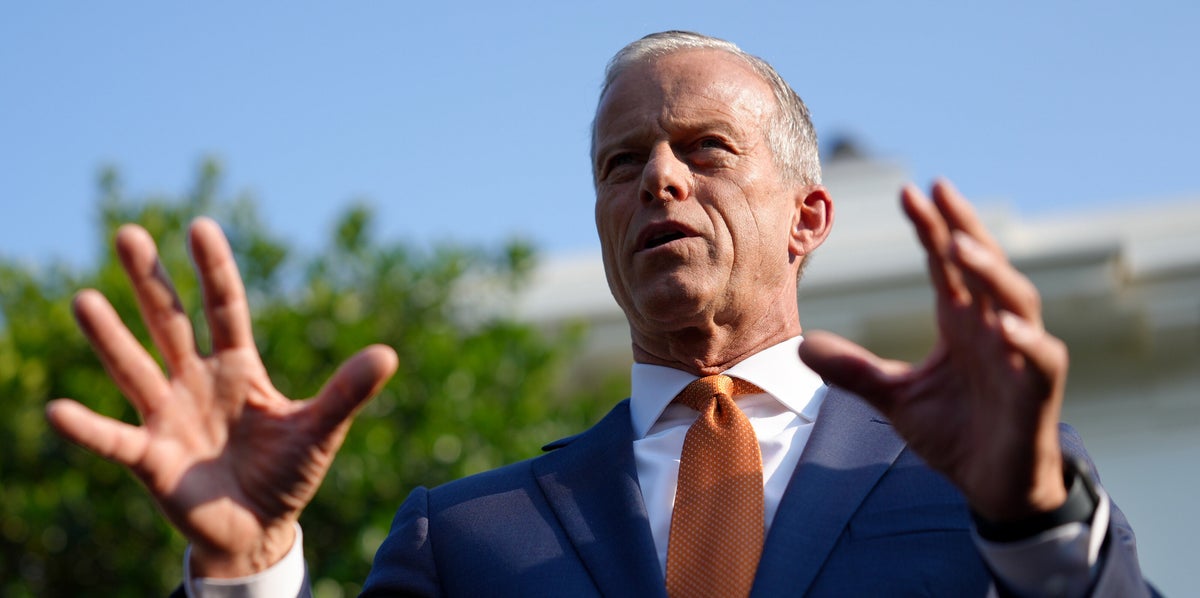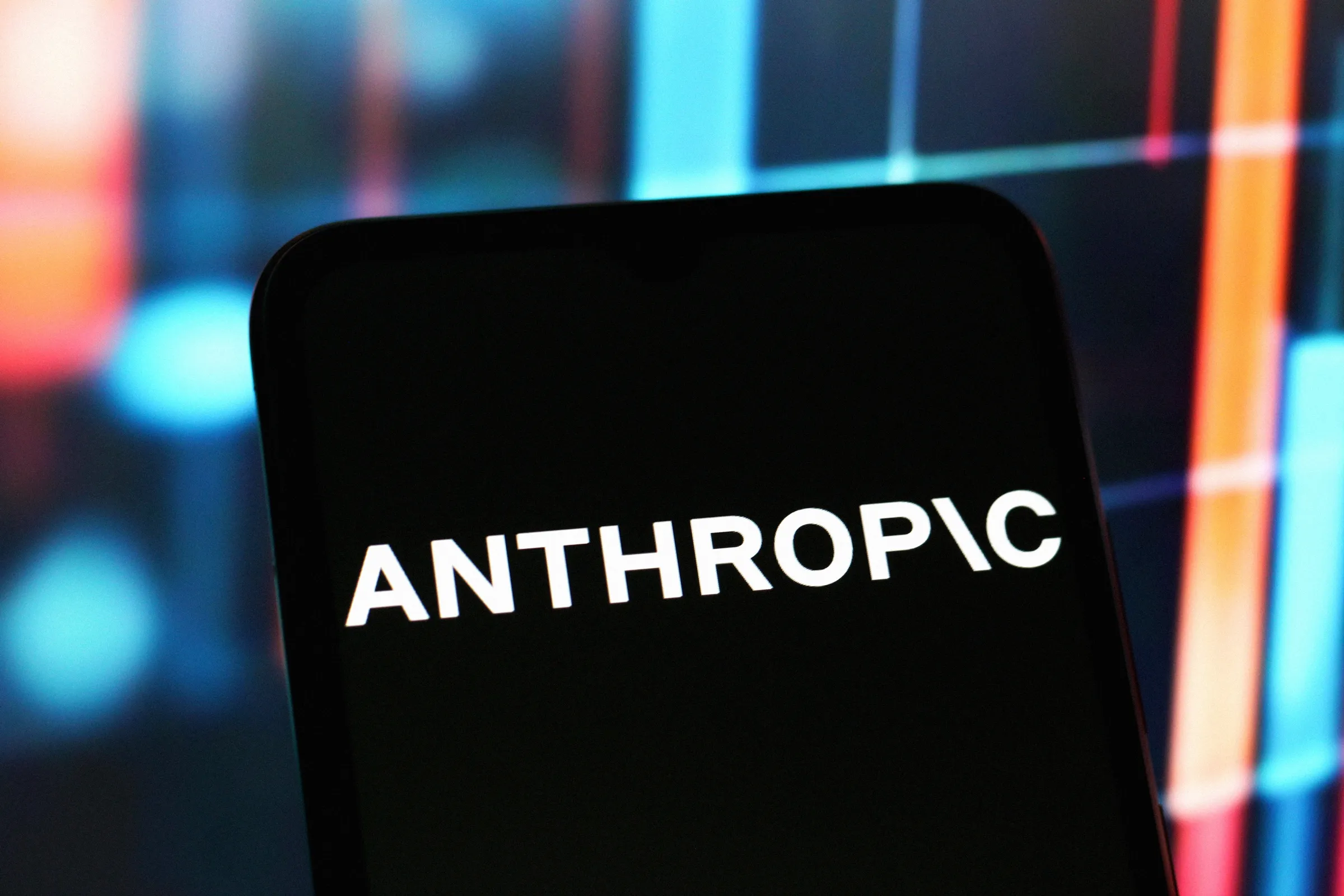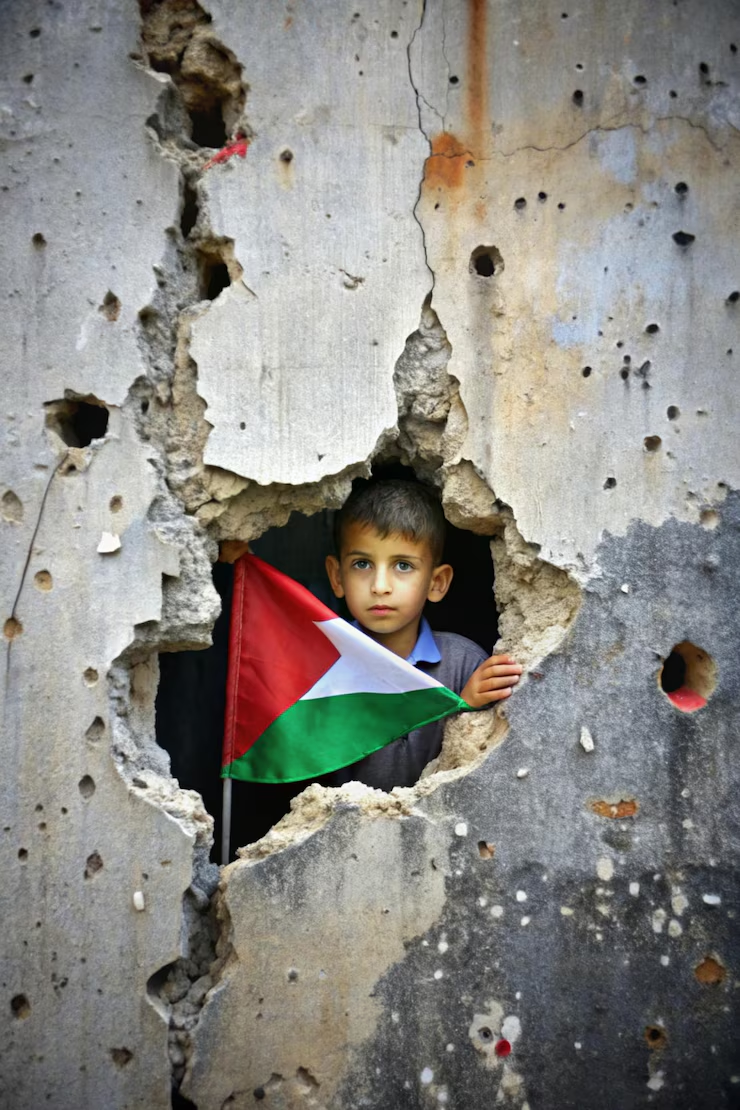
What is the situation for Palestinian-Canadians with family in Gaza?
Palestinian-Canadians with loved ones in Gaza face fear, stress and uncertainty every day. The war in Gaza drags on. Families feel stuck far from each other. They need clear information and real help. Who are Palestinian-Canadians with family in Gaza? Palestinian-Canadians may be born in Canada or arrive here as newcomers. Many have close relatives in Gaza. Those relatives include parents, siblings and children. These families now live apart by thousands of miles and a war zone in between. Why the worry is deep And the worry runs deep. Most Palestinian-Canadians cannot leave Canada and flee to Gaza. They can only watch news and appeals for aid. They wait for updates on border crossings and safe routes. They pray their family members find shelter, water and food amid air strikes and blockades. Many relatives in Gaza struggle to get water, food and medical support. Bombing damaged roads and hospitals. Aid groups say people in Gaza face grave shortages and health risks. How Canada is trying to help Canada set up a special visa program in early 2024. It lets people in Gaza with close Canadian ties apply for three-year visas to come here. But the route out of Gaza to apply sits in Egypt. That crossing stays closed or unsafe. Many cannot even reach Cairo to submit papers. Canada also offers to refund visa fees for eligible Palestinians and their kin who apply under this program. In January 2025, the government announced financial help for Gazans who arrive in Canada. They can now apply for aid to pay for rent, food and clothes as they settle in communities across the country. Delays and court fights But not all is smooth. Some families still wait months for visa processing. They worry that delays leave loved ones at risk in Gaza’s war. In February 2025, 53 Palestinians with Canadian relatives sued the federal government. They say visa delays hurt people at risk of starvation, collapse or worse. Lawyers call on Canada to speed up applications. They say life or death can hinge on a single missed deadline. Time running out Time plays against many. The visa program has limits on how many people it can take. And the window to apply stays narrow. More than a few have missed it. Some Palestinian-Canadians share pain and fear in media. They say they feel helpless and angry at slow systems. The human cost And behind each case lies a real person. Samer, a dad in Toronto, cannot reach his mom in Gaza. She lives in a small house with a sick husband. He needs quick medical care but all hospitals sit in ruins. Lina, a student in Vancouver, waits for news from her brother. He has no water for days and fears famine. They both try to call every day. They check social media for updates on crossings. They sign petitions. They meet with MPs. Yet the crisis stays far away and too close at once. How communities in Canada respond Cities with large Palestinian-Canadian groups hold vigils. They raise money, share petitions and write to elected officials. They host prayer circles and food drives for newcomers from Gaza. Some local churches and mosques offer free housing and goods. Community groups teach Arabic classes to help newcomers adapt. But even with that help, families fear for kin left behind. What more Canada could do Experts say Canada should: Open more pathways. Let more distant relatives apply. Partner with allies. Work with UN and Red Cross to secure safe exits from Gaza. Speed up visas. Cut red tape and add staff to process files. Provide clear updates. Tell families exactly when and where to apply. Mental health and healing The strain on mental health runs deep. Palestinian-Canadians face stress, grief and guilt. They watch news of bombed homes and injured children. They fear the worst for their kin. Counselors urge them to seek support. Many community centres offer free trauma counselling. They host online support groups. They help people share coping tips and lean on each other. Ways to help If you want to support Palestinian-Canadian families: Looking ahead The Gaza war shows no sign of ending soon. That means more pain and more need for action. Until peace comes, Palestinian-Canadians and their families will keep hoping for a safe path out of Gaza. They will keep calling for clear aid, swift visas and real support. Canada must match that hope with action. Only then can families end their long wait for safety and reunion.

